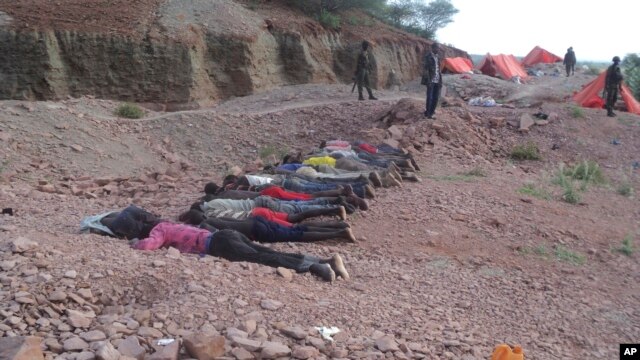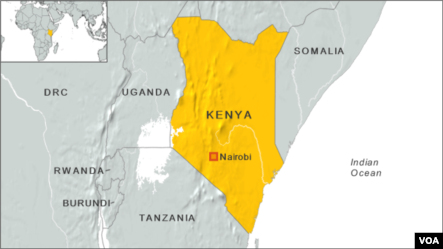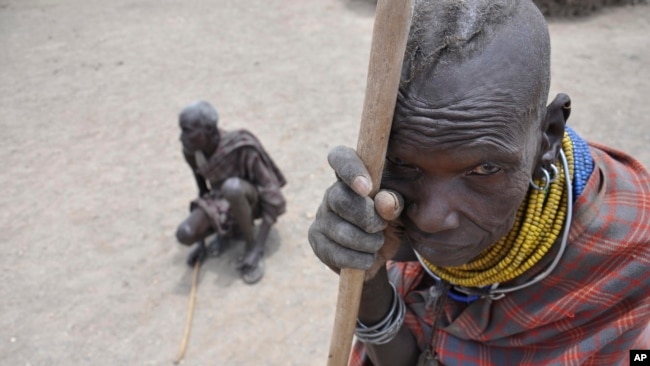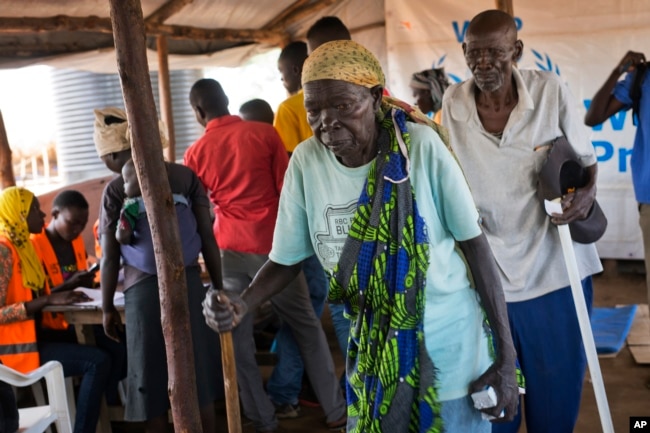sudan
Senior Member
- Oct 17, 2012
- 266
- 11
- 51
Sudan urged the newly appointed U.S. president special envoy, Donald Booth to focus his efforts on improving bilateral relations between the two countries stressing that Khartoum and Juba work closely to resolve the outstanding issues and implement the signed agreements.
Donald arrived in his first visit to Khartoum on Saturday where he expressed that his mission consists in supporting Khartoum and Juba to resolve their differences and settle the outstanding issues.
Sudanâs foreign ministry undersecretary, Rahmatallah Mohamed Osman, met on Sunday with Booth and his accompanying delegation in the presence of the director of US department at the ministry, Mohamed Abdel Aziz Al-Tom, and the US chargé dâaffaires in Khartoum, Joseph D. Stafford.
The Sudanese official said in a statement released following the meeting, said he responded to Boothâs statement by saying that Juba and Khartoum have made significant progress on the outstanding issues and added that the African Union High Implementation Panel (AUHIP) would help both countries to overcome all obstacles.
Osman pointed that the Sudanese government expects the new envoy to offer an integrated vision about his mission and how it will help improve relations between the two countries, saying that "Sudan hasnât benefited from its cooperation with previous envoys which makes us question the role of the special envoys".
The diplomat said that unnamed entities are seeking to exercise pressure on the issue of the disputed Abyei area and pointed to similar cases around the world which took long-time to be settled, stressing that both parties are able to resolve their problems without external pressures.
He added that the U.S. should support the existing mechanisms for resolving the outstanding issues, pointing to the importance of agreeing to a clear plan to improve the US relations with Sudan first.
Osman stressed that lifting Sudanâs name from the list of states sponsoring terrorism is the first priority for improving relations and pointed that the U.S. Department of State annual reports on terrorism affirms that Sudanâs record is clean in this regard.
The new envoy seemingly is following a plan proposed by the former envoy Princeton Lyman who offered to Khartoum to work together to hold a referendum in Abyei as proposed by the African mediation without the participation of Sudanese Misseriya nomads.
Osman stressed that Sudanâs issues including Darfur, Blue Nile, and South Kordofan represent a national agenda which will be solved by the government and political parties, saying that improving relations with South Sudan is a strategic objective which the government seeks to achieve without foreign pressures and dictations.
The Sudanese official expressed hope that Boothâs top priority will be improving bilateral relations between the US and Sudan which would dispel Sudanâs fear and enable the US to play a positive role on the other issues.
Donald Booth, former ambassador who served in different parts of the African continent, was named special envoy for Sudan and South Sudan on 28 August.
Donald arrived in his first visit to Khartoum on Saturday where he expressed that his mission consists in supporting Khartoum and Juba to resolve their differences and settle the outstanding issues.
Sudanâs foreign ministry undersecretary, Rahmatallah Mohamed Osman, met on Sunday with Booth and his accompanying delegation in the presence of the director of US department at the ministry, Mohamed Abdel Aziz Al-Tom, and the US chargé dâaffaires in Khartoum, Joseph D. Stafford.
The Sudanese official said in a statement released following the meeting, said he responded to Boothâs statement by saying that Juba and Khartoum have made significant progress on the outstanding issues and added that the African Union High Implementation Panel (AUHIP) would help both countries to overcome all obstacles.
Osman pointed that the Sudanese government expects the new envoy to offer an integrated vision about his mission and how it will help improve relations between the two countries, saying that "Sudan hasnât benefited from its cooperation with previous envoys which makes us question the role of the special envoys".
The diplomat said that unnamed entities are seeking to exercise pressure on the issue of the disputed Abyei area and pointed to similar cases around the world which took long-time to be settled, stressing that both parties are able to resolve their problems without external pressures.
He added that the U.S. should support the existing mechanisms for resolving the outstanding issues, pointing to the importance of agreeing to a clear plan to improve the US relations with Sudan first.
Osman stressed that lifting Sudanâs name from the list of states sponsoring terrorism is the first priority for improving relations and pointed that the U.S. Department of State annual reports on terrorism affirms that Sudanâs record is clean in this regard.
The new envoy seemingly is following a plan proposed by the former envoy Princeton Lyman who offered to Khartoum to work together to hold a referendum in Abyei as proposed by the African mediation without the participation of Sudanese Misseriya nomads.
Osman stressed that Sudanâs issues including Darfur, Blue Nile, and South Kordofan represent a national agenda which will be solved by the government and political parties, saying that improving relations with South Sudan is a strategic objective which the government seeks to achieve without foreign pressures and dictations.
The Sudanese official expressed hope that Boothâs top priority will be improving bilateral relations between the US and Sudan which would dispel Sudanâs fear and enable the US to play a positive role on the other issues.
Donald Booth, former ambassador who served in different parts of the African continent, was named special envoy for Sudan and South Sudan on 28 August.






